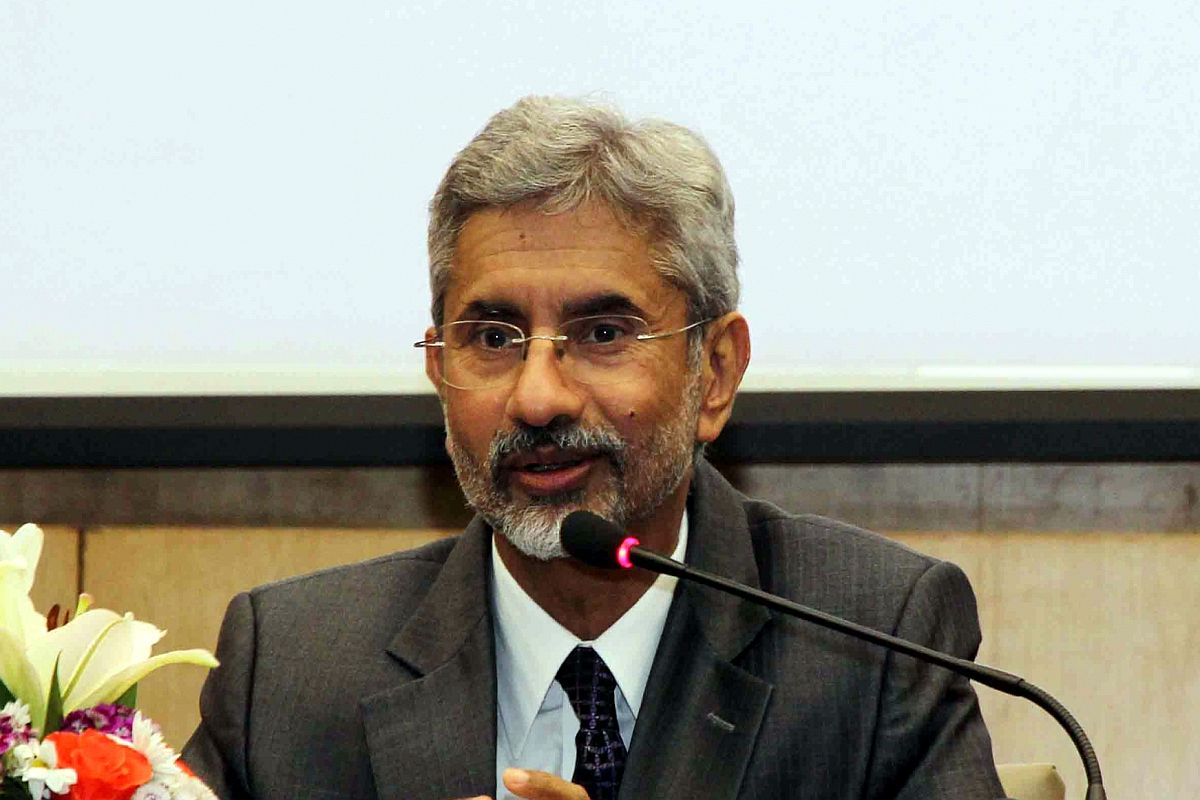
India-China at crossroads, need to stand by 8 principles for peace: MEA

Admitting that India-China relations have reached a crossroads, External Affairs Minister S Jaishankar on Thursday (January 28) delineated eight principles for mending ties between the two countries.
Mutual respect and sensitivity, strict adherence to agreements on management of the Line and Control and recognising each other’s aspirations as rising Asian powers are some of the principles that need to be followed in letter and spirit.
In an address at an online conference on India-China ties, Jaishankar said the events in eastern Ladakh last year have profoundly disturbed the relationship and asserted that any attempt to unilaterally change the status quo along the LAC is “completely unacceptable”.
Related news: ‘Improved trust’ raises hope of an end to India-China border standoff
Stating that expecting that the situation at the border can be “brushed aside” is illogical, Jaishankar said the Chinese action in eastern Ladakh not only was a sheer disregard for commitments about minimising troops but also showed China’s attempts to breach peace and tranquillity.
“Significantly, to date, we have yet to receive a credible explanation for the change in China’s stance and massing of troops in border areas,” he said at the All India Conference on China Studies.
He laid down the eight points to move forward in bilateral ties, and said all these agreements have to be adhered for the sake of peace between the two nations.
“Whether handling of the border areas is concerned, the Line of Actual Control must be strictly observed and respected. Any attempt to unilaterally change the status quo is completely unacceptable,” he said.
While both nations are committed to a multi-polar world, Jaishankar said, there should be a recognition that a multi-polar Asia is one of its essential consequences.
“Obviously each state will have its interests, concerns and priorities, but sensitivity to them cannot be one-sided. At the end of the day relationships between major states are reciprocal in nature,” he said.
Jaishankar said as rising powers, each nation will have their own set of aspirations and their pursuit to it cannot be ignored. He said peace and tranquillity in border areas is the basis for development of ties with China in other domains and if it is disturbed, “so inevitably is rest of the relationship”.
Related news: India-China chalk out 3-step disengagement at Pangong Tso
He said far from mitigating already existing differences, the incidents of 2020 have actually put the relationship under “exceptional stress”.
He said if ties are to progress, policies must take into account the learnings of the last three decades.
(With inputs from agencies)


